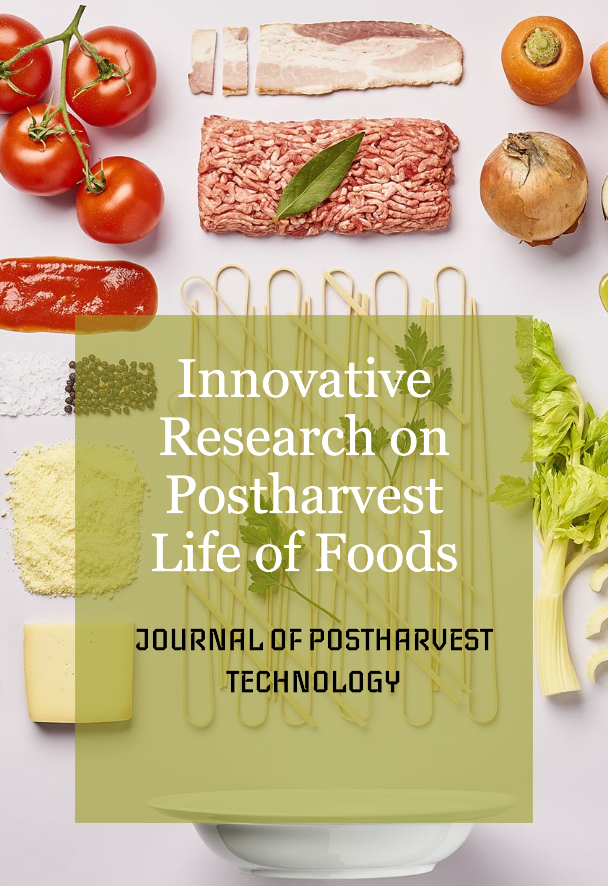Effect of Gluten Free diet (GFD) on blood sugar: a clinical trial
Keywords:
Gluten free diet, type-II diabetes mellitus, fasting and post prandial blood sugar, diet interventionAbstract
The present study was aimed to assess the effect of gluten free diet on the patients of type-II diabetes mellitus. Present findings shows that how, short term intervention of GFD effects fasting and post prandial blood sugar of diabetes patients. Through randomization process 100 patients of already diagnosed type-II diabetes mellitus are registered for the study, within two groups (n=50).First group received a intervention of gluten free diet(GFD) and other which was control group followed regular diet. The intervention was done for 12 weeks (3months), in which biochemical parameters of FBS and PPBS was recorded initially and follow up was taken at an interval of each month. In comparison between the two groups are seen through statistical analysis. Significant changes was seen in intervention group in fasting blood sugar (FBS) in comparison to control group (p=0.000). However, less significant changes was observed in post prandial blood sugar (PPBS) (p=0.029). Gluten free diet intervention for short interval helps in reduction of fasting blood sugar in type-II diabetes mellitus patients.GFD diet can act as a preventive measure in type-II diabetes mellitus.
References
Amy L.Jones. 2017.The Gluten-Free Diet: Fad or Necessity? Spring. 30(2):118-123.
Bacchetti T., Saturni L., Turco I., Ferretti G. 2014. The postprandial glucose response to some varieties of commercially available gluten-free pasta: a comparison between healthy and celiac subjects. Food and Function.5:3014-3017.
Balakireva A.V, Zamyatnin A.A, Jr. 2016. Properties of Gluten Intolerance: Gluten Structure, Evolution, Pathogenicity and Detoxification Capabilities. Nutrients. 8(10): 1-27.
Carlo Catassi and Alessio Fasano, Nutrition and Celiac diseases. (177,183). Reprinted Biagetti, C.; Naspi, G.; Catassi, C. Health Related Quality of Life in Children with Celiac Disease: A Study Based on the Critical Incident Technique. 2013. Nutrients. Vol.5: (4476-4485).
Dioneda B., Healy M., Paul M., Sheridan C., Mohr A.E. and Arciero P.J. 2020. A Gluten-Free Meal Produces a Lower Postprandial Thermogenic Response Compared to an Iso-Energetic/Macronutrient Whole Food or Processed Food Meal in Young Women: A Single-Blind Randomized Cross-Over Trial. Nutrients, 12, 2035: 1-14.
Ehteshami M., Shakerhosseini R., Sedaghat F., Hedayati M., Zinab H.E. Hekmatdoost A. 2018. The Effect of Gluten Free Diet on Components of Metabolic Syndrome: A Randomized Clinical Trial. Asia Pacific Journal of Cancer Prevention, 19(10):2979-2984.
Hansen D., Jacobsen B.B., Lund E., Bjorn C., Hansen L.P., Nielsen C., Fenger C., Lillevang S.T. Husby S. 2006. Clinical Benefit of a Gluten Free diet in Type 1 Diabetic Childen With Screening- Detected Celiac Diseases. A population-based screening study with 2 years’ follow-up. Diabetes Care, 29(11): 2452-2456.
Hemmingsen B., Perez G.G., Mauricio D., Figuls M.R., Metzendorf M.I, Bernd Richter, 2017. Diet, physical activity or both for prevention or delay of type 2 diabetes mellitus and its associated complications in people at increased risk of developing type 2 diabetes mellitus (Review), Cochrane Metabolic and Endocrine Disorders Systematic Review; (12):1-192.
Jorgensen M.H., Holm L.J., Josefsen K. and Buschard K. 2018. Possible Prevention of Diabetes with a Gluten-Free Diet. Nutrients.10 (11): 1-20.
Khoury E.D., Ducharme B.S., Joye I. 2018. A Review on the Gluten-Free Diet: Technological and Nutritional Challenges. Nutrients. 10(10):1-25.
Kim H., Michael F.D., Justin M., Kothari N., Feurdean M., Ahlawat S.K. 2017.: Obesity, Metabolic Syndrome, and Cardiovascular Risk in Gluten-Free Followers Without Celiac Disease in the United States: Results from the National Health and Nutrition Examination Survey 2009–2014. Digestive Diseases and Sciences, 62:2440-2448.
Scaramuzza A.E., Mantegazza C., Bosetti A., Zuccotti G.V. 2013. Type 1 diabetes and celiac diseases: The effects of gluten free diet on metabolic control. World Journal of Diabetes,4(4): 130-134.
Serena G., Camhi S., Sturgeon C., Yan S., and Fasano A. 2015. The Role of Gluten in Celiac Disease and Type 1 Diabetes. Nutrients. Sep; 7(9): 7143–7162.
Silvester J.A., Weiten D., Graff L.A., Walker R. J., Duerksen D.R. 2016. Is it gluten-free? Relationship between self-reported gluten-free diet adherence and knowledge of gluten content of foods. Nutrition. 32(7-8): 777–783.
Veronese N., Cooper C., Reginster J.Y., Hochberg M., Branco J., Bruyere O., RChapurlat R., Daghri N.A., Dennison E., Chir M.B., Beaumont G.H., Kaux J.F., Maheu E., Rizzoli R., Roth R., Rovati L.C., Uebelhart D.,Vlaskovska M., and Cheen A. 2019. Type 2 diabetes mellitus and osteoarthritis.Seminars in Arthritis and Rheumatism.49(1):9-19.
Viswanathan V., Krishnan D., Kalra S., Chawla R., Tiwaskar M., Saboo B., Baruah M., Chowdhury S., Makkar B.M., Jaggi S. 2019. Insights on Medical Nutrition Therapy for Type 2 Diabetes Mellitus: An Indian Perspective. Advances in Therapy 36(3): 520–547.
William Davis, MD, “WHEAT BELLY” Chapter name- Chapter 7 Diabetes Nation: Wheat and Insulin Resistance, Pages- 60-62.




